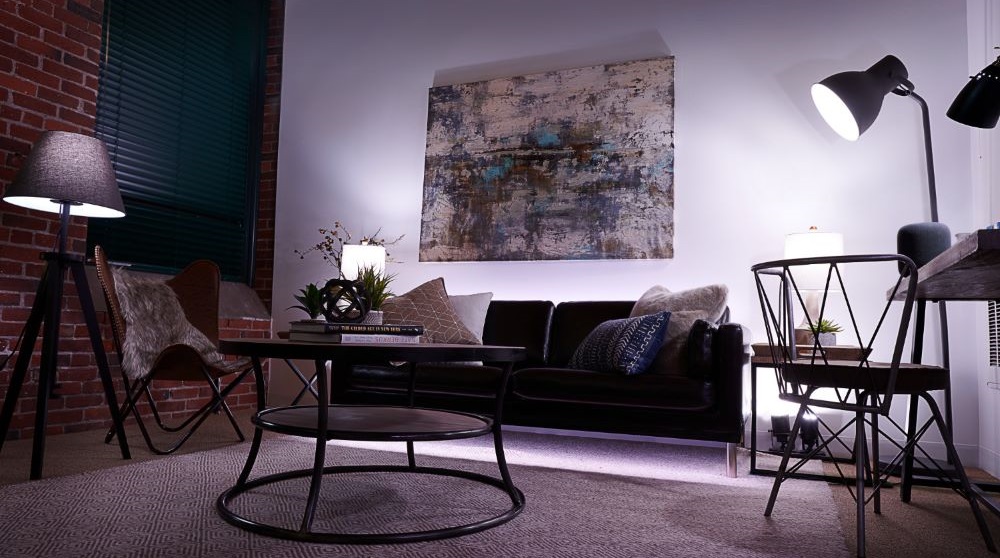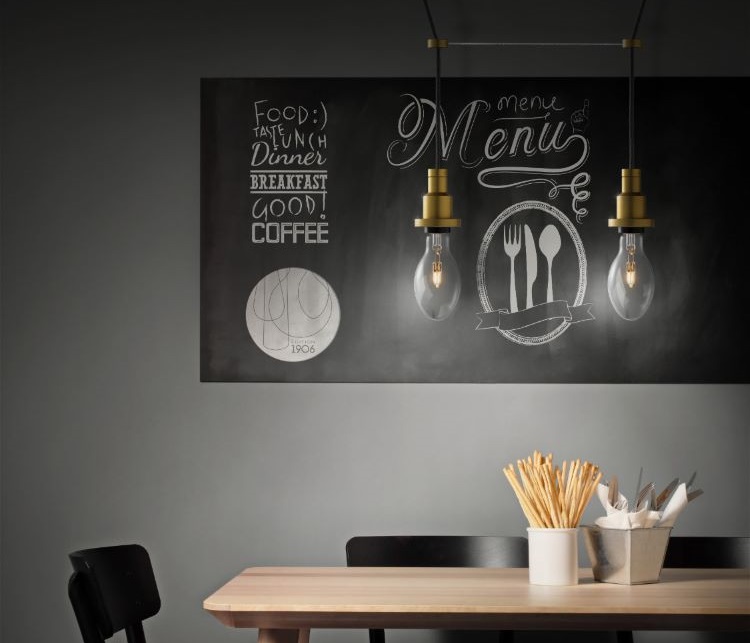With the widespread use of LED light bulbs, the replacement and upgrade of different light bulbs have also made the concept of "equivalent wattage" more and more discussed. When we compare
60 watt vs 100 watt bulb, the wattage and brightness are what we need to figure out first.
What is Wattage and Brightness?
Wattage is used to measure the energy consumption while many people mistakenly believe it as a direct measure of the brightness. In fact, higher wattage bulbs don’t always mean brighter light. The brightness of a light bulb is measured in lumens. It should be noticed that different types of light bulbs usually emit light with different lumen ratings even at the same wattage. For example, LED lights can emit the same amount of light while consuming less energy (watt) than Halogen bulbs.

Key Differences between 60 vs 100 Watt Light Bulbs
There are significant differences between 60-watt and 100-watt bulbs in multiple dimensions. Understanding these differences can help us make more appropriate lighting choices.
Current consumption: A 100-watt bulb has higher power and consumes more electrical energy within a unit of time.
Brightness: A 60-watt bulb is approximately 600 to 800 lumens, while a 100-watt bulb is about 1000 to 1300 lumens.
Lifespan: The lifespan of a 60-watt bulb is approximately 1,000 hours. A 100-watt bulb has a slightly shorter lifespan because the filament is more likely to burn out at high power.
Application: A 60-watt bulb is great for places like bedrooms or reading lamps where you don't need super bright light. A 100-watt bulb works better in living rooms, offices, or anywhere that needs brighter lighting.
Price: Among the same type of bulbs, the initial price of 100 watts is slightly higher than that of 60 watts.
60-watt and 100-watt bulbs each have their pros and cons when it comes to power, brightness, and energy use. When choosing between them, it’s important to consider things like the size of the space, how much light you need, and your energy-saving goals.
Is a 100 watts bulb brighter than a 60 watts one?
Under the same lighting system, the higher the wattage of the lamp, the higher the lumen level of its output. However, as stated earlier, wattage is not a measure of brightness, different lights will shine differently at the same wattage, for example, a 40W
incandescent bulb has the same brightness as an
LED using only 9W brightness (lumens). You can use the following form for reference.
|
Incandescent Wattage
|
LED Bulb Wattage
|
Lumens Rating
|
|
25 Watts
|
Up to 5 Watts
|
250 Lumens
|
|
40 Watts
|
6 to 9 Watts
|
450 Lumens
|
|
60 Watts
|
8 to 15 Watts
|
800 Lumens
|
|
75 Watts
|
12 to 17 Watts
|
1,100 Lumens
|
|
100 Watts
|
15 to 19 Watts
|
1,600 Lumens
|
|
125 Watts
|
20 to 25 Watts
|
1,850 Lumens
|
|
150 Watts
|
30 Watts
|
2,600 Lumens
|
Can a 60 watt bulb be installed in a 100 watt fixture?
Light fixtures can handle a certain amount of wattage. It would be safe if a bulb with a wattage equal to or less than the fixture’s designed wattage. In fact, in some cases, it may even be beneficial to use a lower-wattage bulb in a higher-wattage fixture. For example, using a lower-wattage bulb can help you get a softer or dimmer lighting effect. It is imperative to note that using a higher-wattage bulb in a light fixture with a lower wattage rating can create a fire hazard and damage fixtures or wiring. So be sure to check the wattage rating of the light fixture before installing the bulb.




